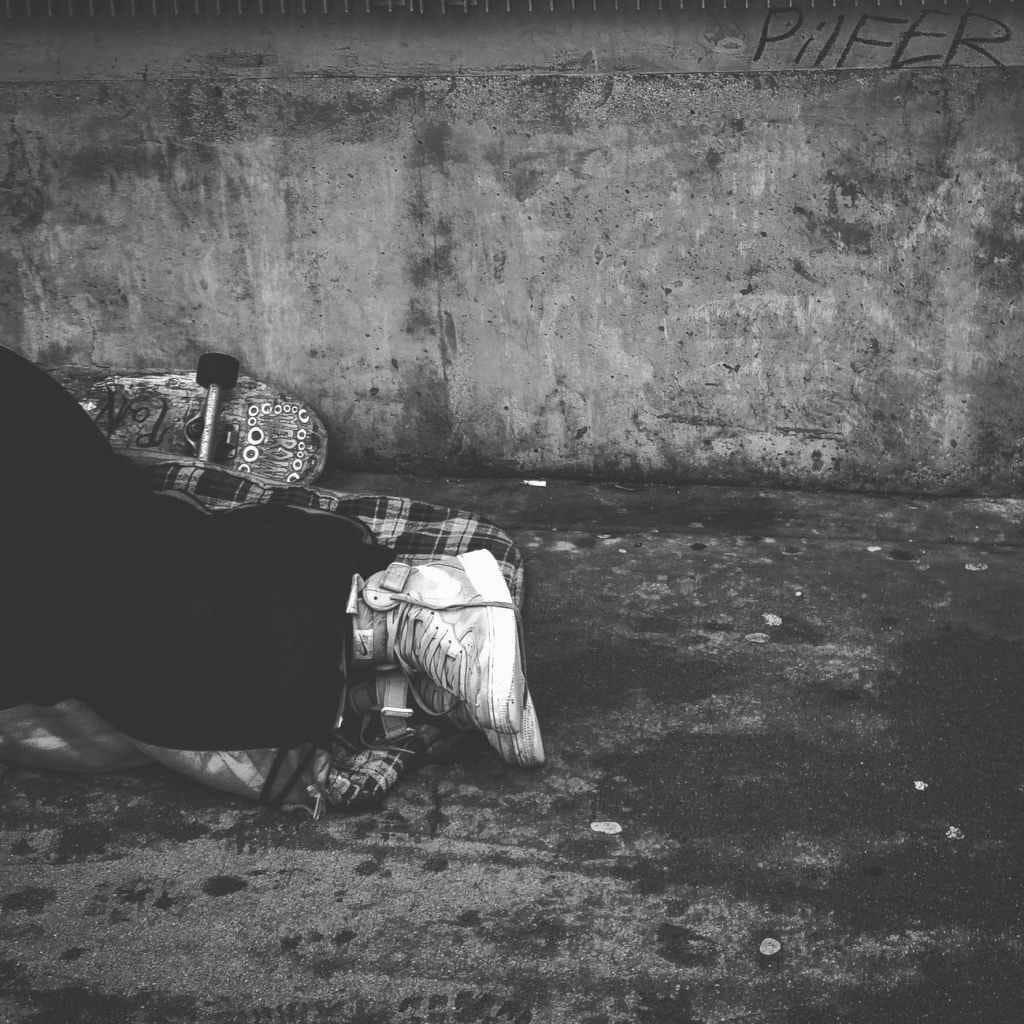COVID is not stalking the vulnerable/ Nikki Hurst
Recently a narrative slipped into usage in the daily 1pm media updates - that “COVID is seeking out the vulnerable.”
It is not. The COVID-19 coronavirus is a living biological entity. But it doesn’t possess reason. It cannot distinguish between postcodes, ethnicity or socio-economic distinctions – or any other demographic.
Are the vulnerable communities of Aotearoa New Zealand more at risk from COVID-19? Absolutely. That’s not because of any malicious intent of a virus. An unacceptably high number of New Zealanders are vulnerable because of the societal infrastructure that has become embedded in this country over decades.
A failure of successive governments, policy makers and communities to address need in the face of profit have put us where we are, not a virus that doesn’t possess a brain. Years of less-than-liveable incomes, lack of secure, safe and affordable housing, and rapidly declining access to affordable nutritious food are behind the vulnerability of a growing number of New Zealanders.
As “white-collar” New Zealand “flexed” to working from home, “blue-collar” Aotearoa had to continue going in to work. Our essential workers, so lauded in the first lock-down, remain the ones actually facing the pandemic - the ones most at risk, and the ones with the greatest expectations placed on them. That those who earn the least, should largely be our most essential, was something that quickly faded from our national consciousness. And yet, with low wages, comes health inequities, comes vulnerability, and, as we are seeing, comes transmissibility of contagion.
No one living in Aotearoa New Zealand can honestly say that our housing situation is fair, equitable or safe. And yet, our poor quality, over-priced housing contributes to people's abilities to protect themselves and their whānau from illness. Where close living is not a choice, where more people are having to share space than intended, and where that overpriced housing is damp, cold and poorly ventilated, it is obvious that the risk of transmission increases. And we put these people into this situation. A failure to demand healthy affordable housing for all is a stain on our national identity. And this is before we consider those unable to access housing...
While the talk of a vulnerability-stalking virus may be an attempt to encourage those most at risk to get vaccinated, it’s not accurate and it’s not helpful. Fear mongering never is.
It’s understandable that the focus of the nation’s decisionmakers is on the battle against COVID-19. The battle is real. But so is the inequity in our society that sees the poor and vulnerable paying a bigger price than everyone else. It’s time to stop imbuing COVID-19 with attributes it doesn’t have. It’s time to get real about fixing the infrastructure of inequity: liveable incomes; quality, genuinely affordable housing; access to nutritious, affordable food – for all. Bringing forward the slated 2022 benefit increases to this side of Christmas would be one good step forward.
Nikki Hurst New Zealand Council of Christian Social Services.
NZCCSS was formed over 50 years ago by the Anglican Care Network, Baptist Churches of New Zealand, Catholic Social Services, Presbyterian Support and the Methodist and Salvation Army Churches. Through this membership, NZCCSS represents over 250 organisations providing a range of social support services across Aotearoa. We believe in working to achieve a just and compassionate society for all, through our commitment to our faith and Te Tiriti o Waitangi. Further details on NZCCSS can be found on our website www.nzccss.org.nz
Though we try to keep up with all our comment’s and feedback, we do sometimes struggle to monitor all platforms. If you do want to engage in the conversation join us on facebook and find the relevant post or connect directly with A.J on his facebook page here, twitter here, or Instagram here.




